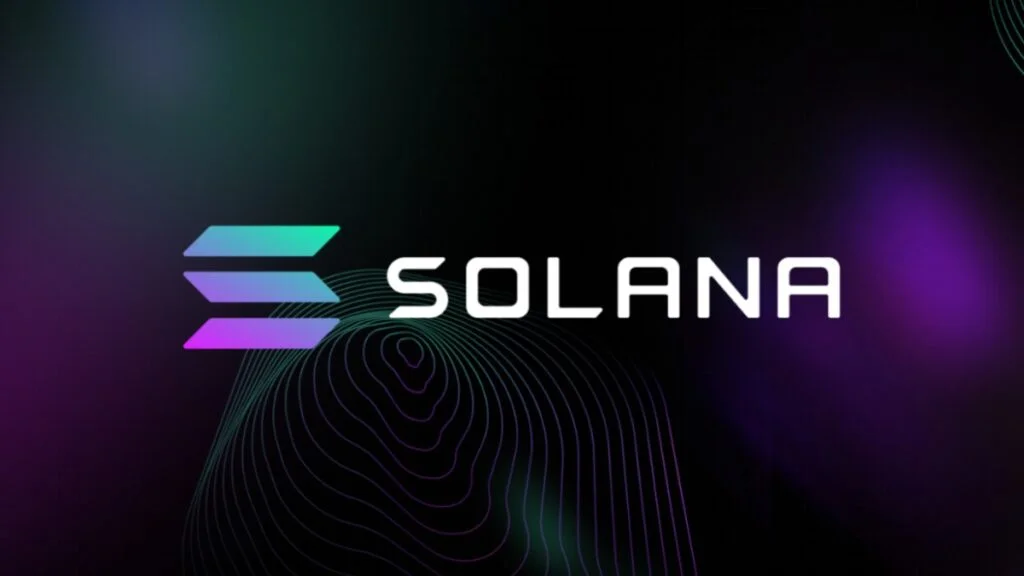Users of the Solana network will soon be able to access the network by activating an open-source plugin on ChatGPT.

Now, Solana Labs is putting more of an emphasis on AI. The business said on April 25 that it would contribute $1 million in funding to Solana projects that develop AI capabilities.
The developers of the so-called Ethereum killer made an announcement about the launch of the new feature, which was developed to provide users more control over the information linked to their accounts.
The new ChatGPT plugins work by gathering data from online resources and corresponding with websites that are not linked with ChatGPT to respond to requests made by users.
Every user now has access to the capability. When OpenAI makes plugins available, ChatGPT will be able to use the plugin to check wallet balances, send native Solana tokens, and buy nonfungible tokens.
Additionally, Solana Labs welcomes developers to use open-source code to explore extracting on-chain data that may be of interest to them. The Solana Labs snapshot shows that ChatGPT is capable of receiving a list of NFTs that are held by a particular Solana address.
The list also contains a link to the NFT’s accompanying metadata, which was probably gathered from the block explorer made available by Solana Labs.
When OpenAI opens up the plugin capabilities to all users, Solana Labs did not say if they intended to activate the plugin. On the same day, OpenAI released a new privacy feature that allows ChatGPT users to “turn off” their chat history.
Customers may now download their data and gain a better understanding of the data that ChatGPT keeps thanks to the AI company’s new “export” option, which was also included.
Italy has made history by being the first country in Europe to outlaw ChatGPT unless it adheres to the user privacy requirements established by the General Data Protection Regulation (GDPR), which was approved by the European Union. This work results in the new privacy function.
